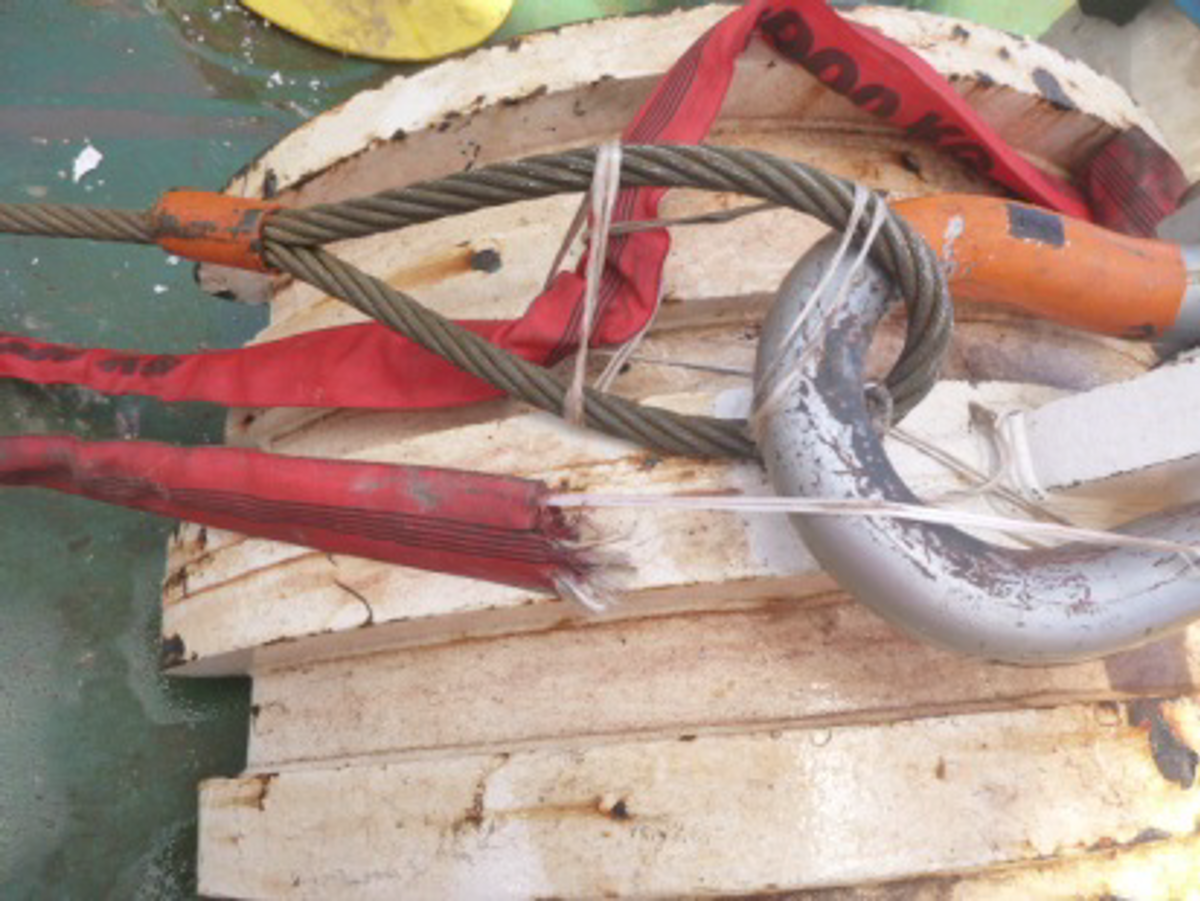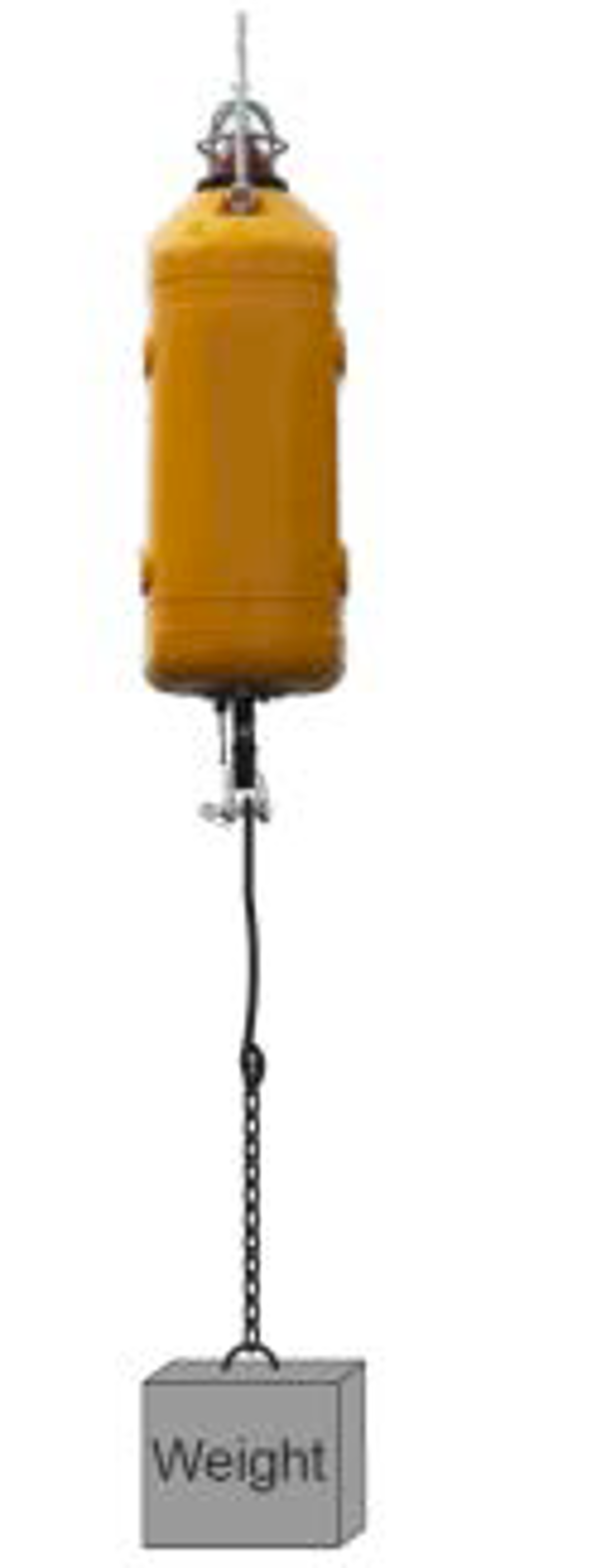Two near misses: Loads fell from height to deck
- Safety Flash
- Published on 21 September 2017
- Generated on 15 February 2026
- IMCA SF 23/17
- 2 minute read
Jump to:
During two recent lifting operations, loads fell from height to the deck.
What happened?
In one case the rigging crew was close to where the load landed – the incident could easily have had fatal results. No one was hurt in either incident.


What lessons were learnt?
- Investigation into both incidents showed that unapproved changes had been made to the rigging. This was highlighted as a major contributing factor to the loads being dropped.
- It was found that the Management of Change (MOC) process had not been followed and that the crews had a lack of awareness regarding the application of the MOC process and when it should be applied.
- The company’s MOC process was not followed; the changes were made without engineering reviews and subsequent risk assessments.
- If the MOC process had been applied, then the subsequent checks could have prevented both incidents.
What actions were taken?
- Conduct a review to ensure that there are no unauthorised modifications to rigging or equipment (welding on ROV hooks for example).
- Equipment found to have been modified without engineering review or where the MOC process has not been followed, should be quarantined and not used until the MOC process and a risk assessment can be completed and approved.
- Particular care should be taken to ensure that modifications do not introduce further new hazards to the operations.
- Ensure that the MOC process is fully understood and applied across all worksites.
Related safety flashes
-
IMCA SF 08/10
15 December 2010
-
IMCA SF 10/03
2 August 2003
-
IMCA SF 07/01
1 July 2001
IMCA Safety Flashes summarise key safety matters and incidents, allowing lessons to be more easily learnt for the benefit of the entire offshore industry.
The effectiveness of the IMCA Safety Flash system depends on the industry sharing information and so avoiding repeat incidents. Incidents are classified according to IOGP's Life Saving Rules.
All information is anonymised or sanitised, as appropriate, and warnings for graphic content included where possible.
IMCA makes every effort to ensure both the accuracy and reliability of the information shared, but is not be liable for any guidance and/or recommendation and/or statement herein contained.
The information contained in this document does not fulfil or replace any individual's or Member's legal, regulatory or other duties or obligations in respect of their operations. Individuals and Members remain solely responsible for the safe, lawful and proper conduct of their operations.
Share your safety incidents with IMCA online. Sign-up to receive Safety Flashes straight to your email.